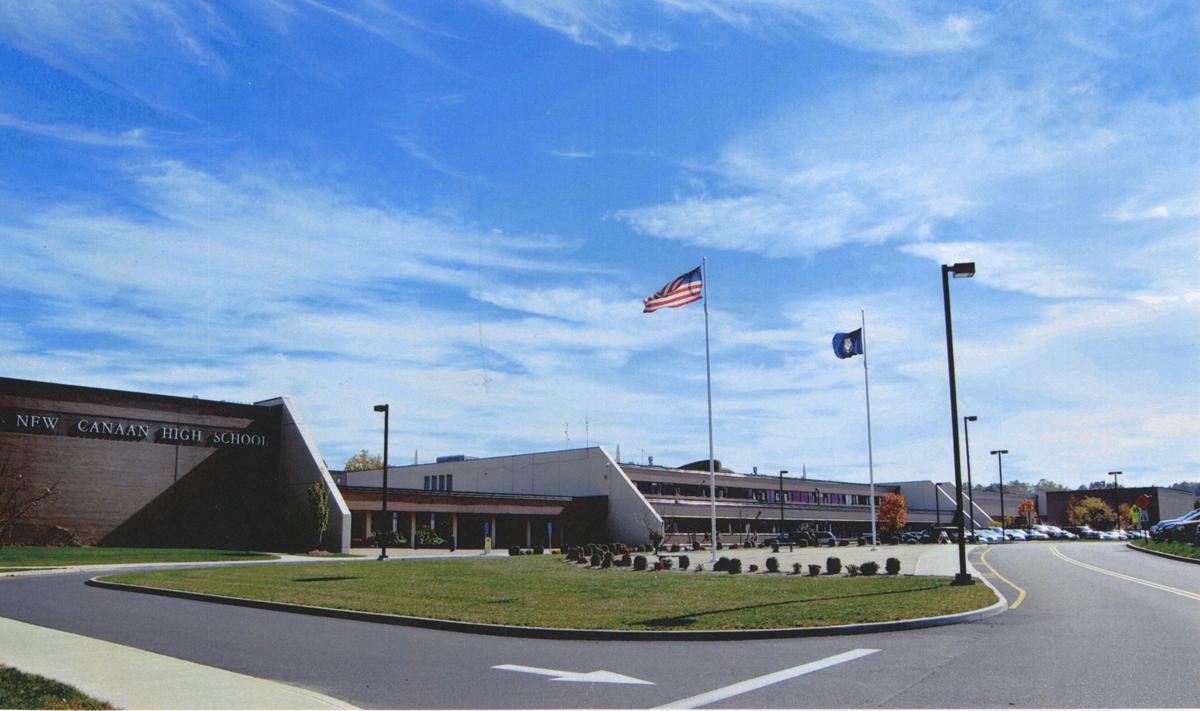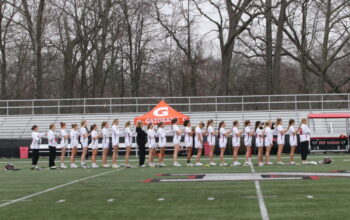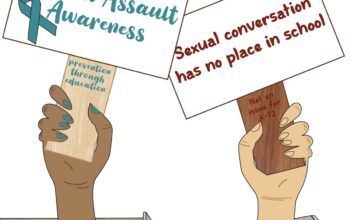As the first semester wraps up and midterms begin, it’s time to take a look at how accountable students have been during the first half of the year. Midterms are designed to help students develop essential study skills to then demonstrate how well they know the content of a given course. This requires them to take accountability of their studying and preparation, which is a process that should be aided by teachers. Creating a culture of accountability will allow students the freedom they desire, as well as an opportunity to make mistakes.
Major technological advances, such as the introduction of ChatGPT, now allow students to bypass intellectual integrity and complete the work asked of them with unprecedented ease. This leaves the school administration with a difficult decision: should a ban be placed on virtual tools like ChatGPT, or is it more productive to allow students to come to their own understanding that it’s in their best interest to produce work themselves? There is a way for teachers to help students utilize this device in a positive way without abusing this newfound power, but it is imperative that students have the freedom to build a sense of accountability on their own. With too many restrictions in place, students will never be able to develop the skills necessary to live independent and productive lives.
During RAM Time every Tuesday, the administration has made the choice to implement measures to ensure that students are remaining in teachers’ classrooms instead of elsewhere. For example, the school administration made the decision to move RAM Time to the middle of the day to discourage students from leaving campus, the cafeteria is not serving food during this period, and the library is closed to all students who do not have a special reason. Despite this, there are still countless students who still decide to socialize in the cafeteria or leave campus during RAM Time, proving that the restrictive measures put in place have been largely ineffective. It is important for the administration to understand that not every student might need this time to go to a teacher. If a student would prefer to work in the library during their free time, that should be okay. Dictating where and how students spend their time will not adequately prepare students for life after high school.
Recently, the Harvard Business Review published a study called ‘The Miracle of Making Mistakes’. In it, the article mentions that “There’s growing evidence to suggest that innovation flourishes when people are given the space to make mistakes.” Mistakes have always had a negative connotation to them, when really, they are the backbone of progress. Learning to hold yourself accountable and take initiative for your needs is a vital life skill. If students never have the opportunity to make their own decisions, they will never learn from their mistakes.




